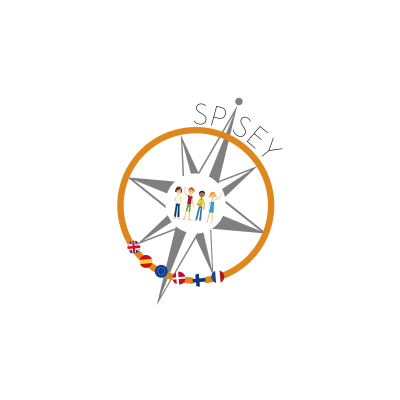Learning to learn together: A Visual Language for social orchestration of educational activities
The Metafora R&D project created a Computer-Supported Collaborative Learning (CSCL) system to enable 12 to 16-years-old students to learn science and maths in an effective and fun way.
The students, first and foremost, learn to learn together, collaboratively addressing a series of assignments – the "challenge" – posed by the teacher involving a relatively complex problem. Working in groups of 3 to 6 students during a period of 2 to 3 weeks, the students plan, organize and tackle the challenge by themselves.
The Metafora interface offers an argumentation area where the students gather and discuss their findings and, then come up with an agreed solution. In the process, students use a series of tools and facilities included in the platform – e.g., microworlds and other "domain tools" suitable for the tasks at hand.
The use of a special visual language enables students to collaboratively design their plans and reflect on the planning process and content, while allowing the system to intelligently follow-up their activities, and supply students and their teachers with useful information about the learning and solution processes.
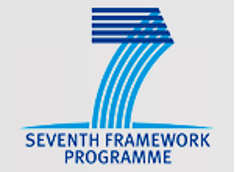
Manoli Pifarré Turmo
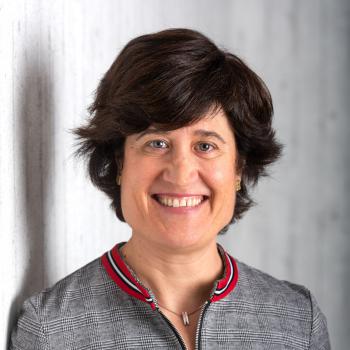
Associate Professor in Educational Psychology (tenure track), Department of Psychology and Pedagogy, Faculty of Education. Universitat de Lleida.
Honorary Research Fellow. Graduate School of Education. University of Exeter (U.K.)
Doctor in Psychopedagogy by the Universitat de Lleida (1999).
My research interest focuses on the dialogical use of technology as a tool that can promote the development of unique cognitive, metacognitive, and social processes. In this field of study, I have led six consecutive R&D projects funded by the Ministries of Education, Science, Universities and Competitiveness. Also, in this subject, I have led the UdL work team in three European research projects.
I lead the research group “Context and Cognition mediated by Information and Communication Technologies” –COnTIC. From 2005, the group has the recognition of Consolidated Research Group by the Generalitat de Catalunya.
I have carried out various research stays in international centres which have helped me to create a solid network of collaboration with other international research groups. Specifically, I did research stays as guest researcher at the Centre for Language and Communication -CLAC- The Open University (UK) with the team of Dr. Neil Mercer; at the Graduate School of Education at the University of Exeter (UK) with the team of Dr. Rupert Wegerif; at the Faculty of Education at the University of Cambridge with the team of Dr. Wegerif and Dra. Sara Hennessy and at the University College of London Knowledge Lab with the team of Dr Manolis Mavrikis.
I am currently participating as an Honorary Research Fellow at the University of Exeter in various research activities at the University’s Graduate School of Education. I am an associate research member of the Cambridge Educational Dialogue Research Group (CEDIR) at the University of Cambridge.
My research career has a dual purpose, on the one hand, to transform the teaching and learning processes in secondary education. As a result, part of my research has been done in high schools and I have worked closely and equally with teachers and students. On the other hand, my research aims to achieve high scientific quality in the use of technology in education.
Mercè del Barrio Arranz
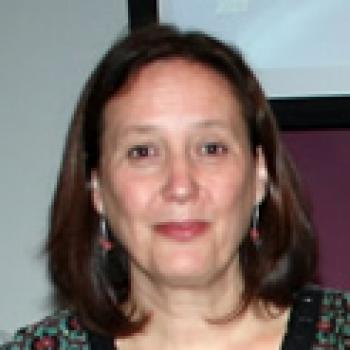
Associate Lecturer in Science Education, Department of Specific Didactics at the Universitat de Lleida.
Professor of Secondary Education, Department of Education, specializing in Biology and Geology.
Degree in Biology by the Universitat de Barcelona (1985) and Master's Degree in Educational Research by the Universitat de Lleida (2012).
She has worked as a Secondary School Teacher since 1986, professor and tutor of Pedagogical Aptitude Course and then at Master in Teacher Training since 1993. Member and Coordinator of the ICE-UdL Tutoring Team from 1989 to 2001.
At the High School Guindàvols has held several positions: Head of the Experimental Sciences Department, Head of the Biology Seminar, Tutor, Coordinator of Health Education, etc. ...
Currently, still developing her work teaching, especially aimed at teaching scientific thinking and research, with the use of tools that promote reflection and construction of scientific thought collaboratively.
She has won different prizes for the supervision of research projects, the most notable being the Young Research Award of the Generalitat of Catalonia, the Young Researchers Contest, the Stockholm Junior Water Prize, the awards for baccalaureate research projects of the University of Lleida and the Xavier Domingo Award (UB). She has also received several recognitions with high school students in the Geology Olympics, the Biology Olympics and an Agri-food and Forestry Olympiad.
Alba Guiral Herrera
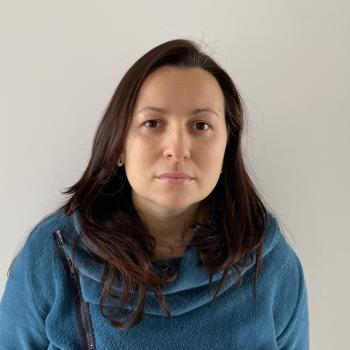
Associate Lecturer in Science Education, Department of Specific Didactics, Faculty of Education, Universitat de Lleida (2010-2018).
Biology and Geology teacher in Secondary Education (since 2010).
PhD in Educational Psychology (2018)
Graduated in Biology Sciences, Universitat Autònoma de Barcelona (2008). Master on Educational Research, Universitat de Lleida (2011).
She began her professional work as an environmental educator in 2005. In 2010 she began working as a secondary education teacher, as well as associated lecturer in Science Didactics.
Her PhD dissertation was centered on science didactics in teacher education. The research focused on inquiry science-based learning using mediation and cognitive organization visual tools enabling collaborative construction of scientific knowledge.
She combines research in COnTic group with teaching in Secondary Education in the Department of Education of Generalitat de Catalunya.



